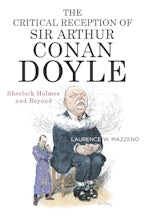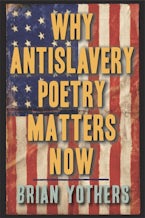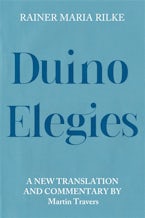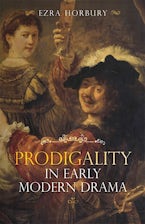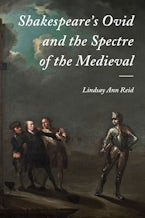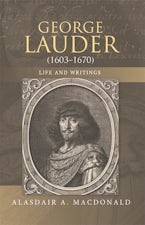
Title Details
232 Pages
23.4 x 15.6 cm
Series: Studies in Renaissance Literature
Series Vol. Number:
9
Imprint: D.S.Brewer
Shakespeare and Machiavelli
- Description
- Author
- Reviews
A detailed comparison of Machiavelli with Shakespeare, grounded in their common use of rhetoric.
Although the question of Machiavellian influence on Shakespeare has been thoroughly debated, this book represents the first attempt to compare the two authors in detail. The playwright and the political philosopher share a commonground, a fascination with the motives and morality of political action, which makes for remarkable similarities in their presentation of the subject. In his deploying of the argument, the author of Il Principe emerges as a dramatic writer, like his English counterpart. The book, while taking in an obvious "Machiavel" figure such as Richard III, considers Machiavelli in relation to Shakespeare's depiction of more conventionally noble princes such as HenryV, together with other monarchs from the Henriad - Richard II and Henry IV - as well as King John. Though the Shakespearean focus falls on the histories, tragic heroes such as Hamlet and Macbeth also receive attention. The study concludes with two chapters on the Roman plays and assesses Shakespeare's representation of the problem of conscience (Julius Caesar) and magnanimity (Antony and Cleopatra) in the light of Machiavelli's republicanism.
JOHN ROE is Senior Lecturer at the University of York.
Although the question of Machiavellian influence on Shakespeare has been thoroughly debated, this book represents the first attempt to compare the two authors in detail. The playwright and the political philosopher share a commonground, a fascination with the motives and morality of political action, which makes for remarkable similarities in their presentation of the subject. In his deploying of the argument, the author of Il Principe emerges as a dramatic writer, like his English counterpart. The book, while taking in an obvious "Machiavel" figure such as Richard III, considers Machiavelli in relation to Shakespeare's depiction of more conventionally noble princes such as HenryV, together with other monarchs from the Henriad - Richard II and Henry IV - as well as King John. Though the Shakespearean focus falls on the histories, tragic heroes such as Hamlet and Macbeth also receive attention. The study concludes with two chapters on the Roman plays and assesses Shakespeare's representation of the problem of conscience (Julius Caesar) and magnanimity (Antony and Cleopatra) in the light of Machiavelli's republicanism.
JOHN ROE is Senior Lecturer at the University of York.
"This is a fine book, uncluttered by jargon. It tells an important story from beginning to end." RENAISSANCE QUARTERLY
"[A] fine work.... An important, useful, and engaging work for readers with a wide range of interests." SIXTEENTH-CENTURY JOURNAL
"A persuasive and perceptive study." ENGLISH
"Anyone interested in the history of political ideas and their cultural dissemination has much to gain from [the author's] interpretations." ARCHIV
Hardcover
9780859917643
March 2002
£75.00 / $115.00
Ebook (EPDF)
9781800109810
March 2002
$29.95 / £24.99
Title Details
232 Pages
2.34 x 1.56 cm
Series: Studies in Renaissance Literature
Series Vol. Number:
9
Imprint: D.S.Brewer







